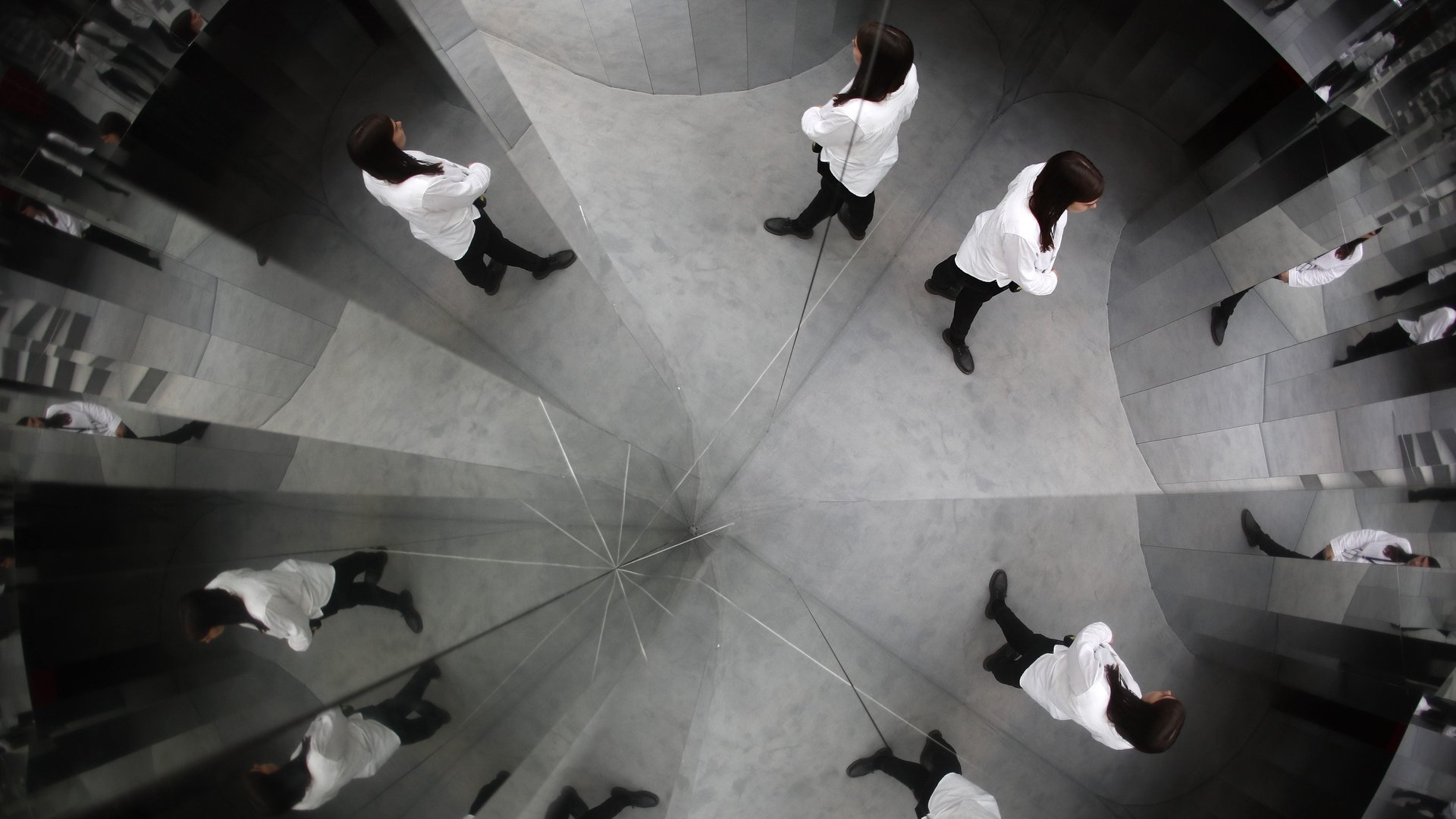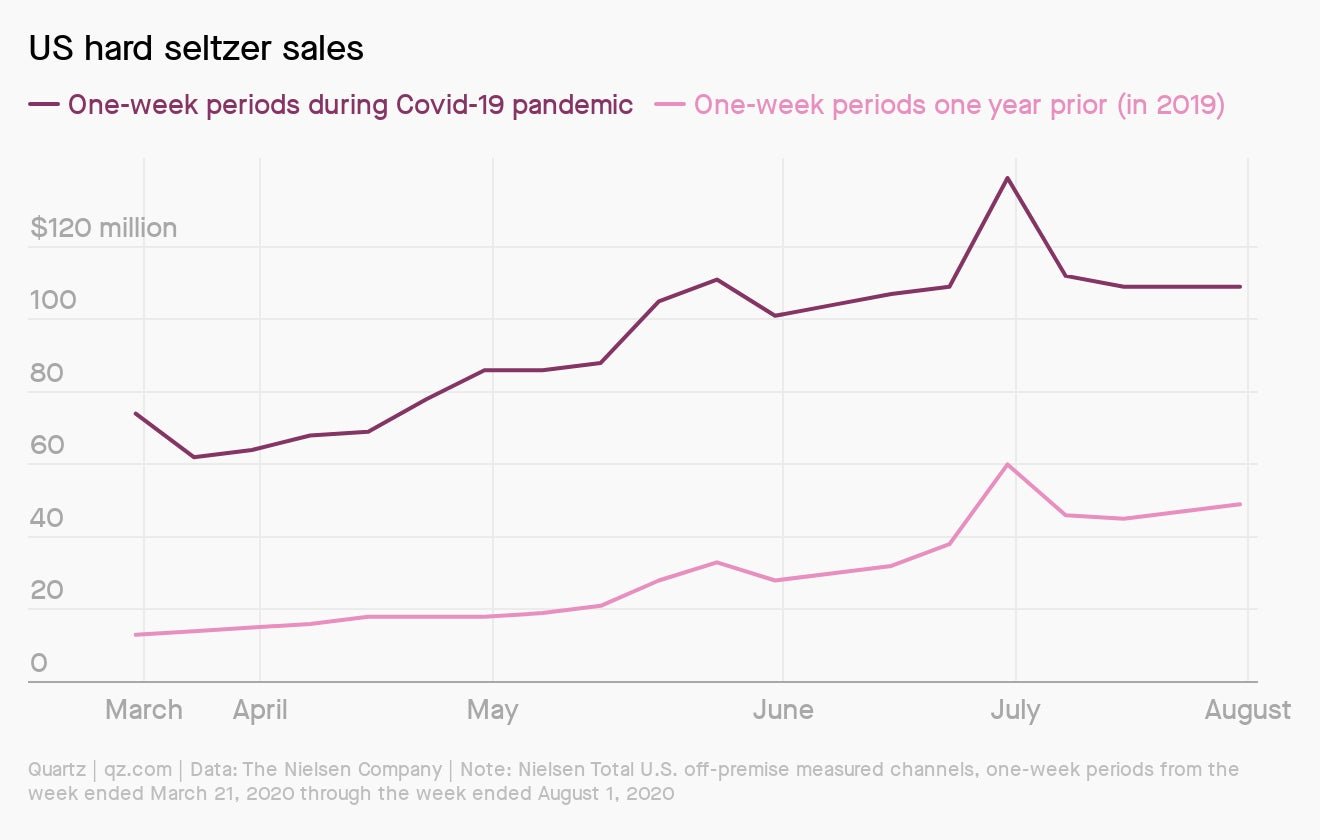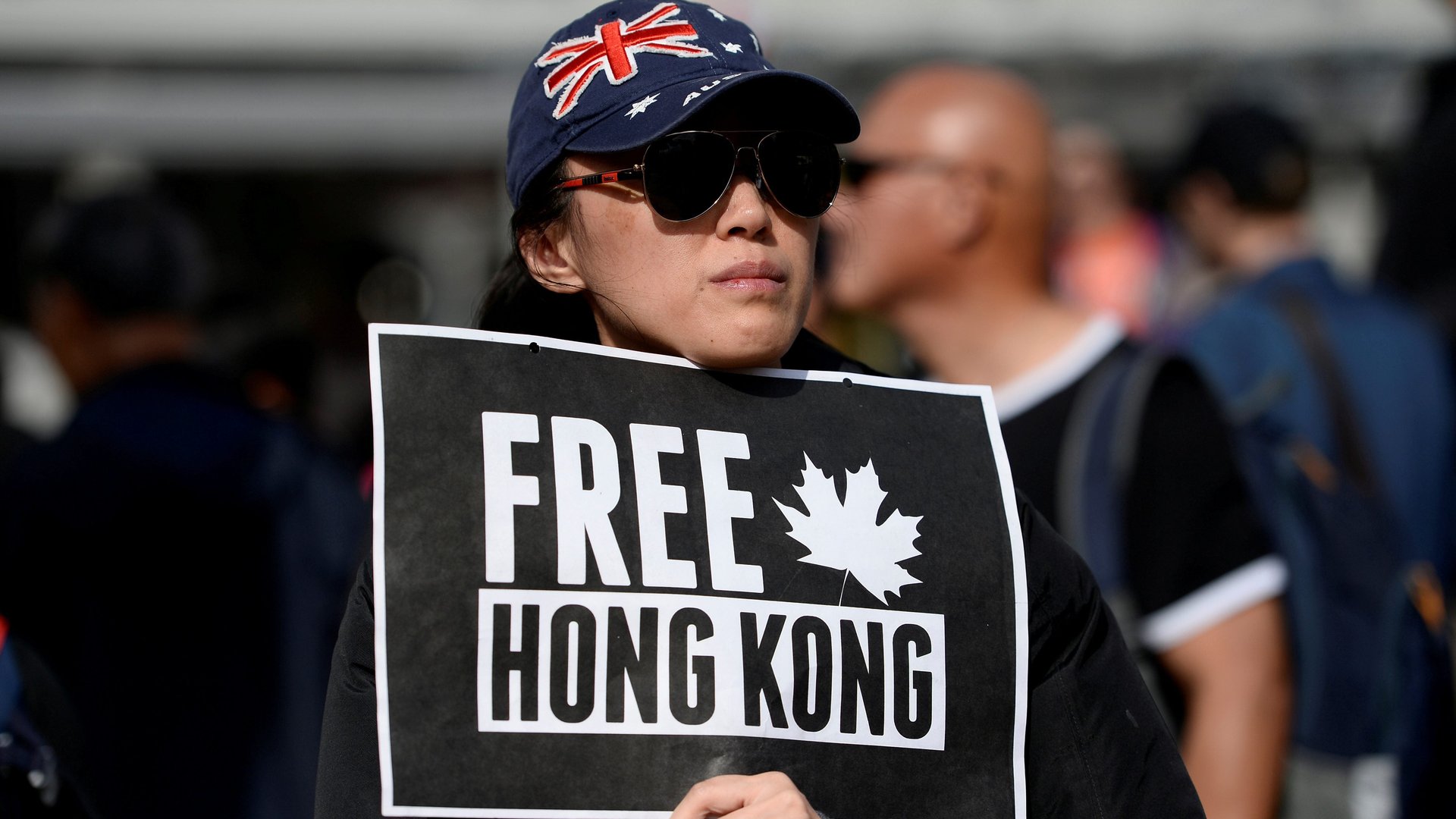Young coronavirus spreaders, bureaucratic detox, ancient puppy
Good morning, Quartz readers!

Good morning, Quartz readers!
Here’s what you need to know
The World Health Organization blamed younger people for Covid-19 spikes. It said that people in their 20s, 30s, and 40s—who may also be asymptomatic—are now driving the pandemic. The WHO also said that it is trying to ascertain whether Russia has indeed created a vaccine.
Norway’s sovereign wealth fund posted a $21 billion loss. The largest state-owned investment body in the world, bigger even than China’s and Abu Dhabi’s, has struggled with returns from real estate and equity in the first half of 2020, and it’s now worth just under $1.2 trillion.
A UN-backed panel delivers its verdict on the murder of Lebanon’s former prime minister. Rafik Hariri was assassinated in a suicide bombing in 2005. The Special Tribunal for Lebanon originally planned to release its findings two weeks ago, but postponed because of the Beirut blast.
The British middle class’s favorite retailer is shedding thousands of jobs. Marks and Spencer, which sells clothes, homewares, and upscale food, is losing 7,000 staff across its stores and regional headquarters in the UK. It’s the latest major retailer to be forced into scaling back its operations.
Warner Bros fired three Ellen producers. The ratings-leading talk show, hosted by comedian Ellen DeGeneres since 2003, has been beset by allegations of racism, sexual harassment, and bullying. DeGeneres herself told her staff about the departures, and also said an internal investigation is under way.
Obsession interlude
To understand a Quartz Obsession, it always helps to check the numbers. Here are some figures that help explain The Climate Economy:
$7 per ton: The so-called “social cost of carbon” established during the Trump administration, slashed by a factor of seven from its Obama-era value. Reducing its value makes it easier to justify federal decisions that increase emissions.
~$45: The price of a barrel of Brent crude, the international oil benchmark. Prices have stalled after bouncing back from a precipitous drop in April, which is just fine by OPEC producers that want to put the hurt on their US competitors.
83%: How much the cost of electricity from a solar power plant has fallen in the last decade.
$68 billion: Global damage from natural disasters in the first half of 2020.
1.7: Number of Earths it takes to sustain today’s global level of consumption of natural capital.
Go deeper with our field guide to fossil fuels, or keep tabs on The Climate Economy here.
Detox for bureaucrats

So many of us work in organizations that are fainthearted and dispiriting. Often, the culprit is bureaucracy—a massive multiplayer game that pits players against one another in a battle for positional power and the rewards that come with it.
What does detox for bureaucrats look like? Not surprisingly, it looks a lot like other recovery programs. Taking a page from Alcoholics Anonymous, these 12 questions can help break the bureaucracy and resurface your humanity:
Did I subtly undermine a rival? In the battle to move ahead, it’s tempting to discount the contributions of others.
Did I hold onto power when I should have shared it? To justify their superior status, managers face a disincentive to share authority.
Did I pad a budget or exaggerate a business case? Resource allocation in a bureaucracy is conservative so it’s tempting to bid for more resources than you need.
Charting the hard seltzer bubble
Hard seltzer—or spiked sparkling water—was a $2 billion business in the 22-week US “pandemic period” beginning March 2, according to Nielsen data. And while beer sales were up about 11% compared to the same period last year, hard seltzer sales were up 224%.

Brands such as White Claw and Truly that are unaffiliated with big beer labels currently control about 75% of the hard seltzer market, but major players are coming. Bud Light Seltzer and Corona Seltzer both launched in 2020, and in July Coca-Cola announced that Topo Chico hard seltzer is around the corner for select Latin American markets, which means hard seltzer is angling to be the drink of many seasons to come.
The global fight for Hong Kong

The fight for Hong Kong has become the world’s fight. The pro-democracy movement’s international lobbying network has succeeded in going beyond photo ops to leverage the momentum of the protests into tangible political influence worldwide. Key members of Hong Kong’s global influence campaign include:
🇬🇧 In the UK: Hong Kong Watch, Fight for Freedom, Stand with Hong Kong, and the Inter-Parliamentary Alliance on China, as well as activists Luke de Pulford and Nathan Law.
🇺🇸 In the US: The Hong Kong Democracy Council founded by Samuel Chu.
🇨🇦 In Canada: Torontonian Hong Kongers Action Group, and Alliance Canada HK.
Quartz spoke with activists from all of these groups and beyond to discover how the battle over Hong Kong’s freedoms went global in our latest field guide.
✦ And there’s never been a better time to activate a Quartz membership. We’re offering a 40% discount on your first year.
You asked about antibodies
What is the value in antibody testing? Other than being able to donate plasma, one could take riskier behaviors with a positive (or false positive) test result.
Great question, reader. You’re right—there’s not a ton of value in an antibody test for an individual if they’re hoping to use it to guide their own behavior. That’s because antibody test results have the potential to give false results, even when the stated accuracy of the test is high (the statistical reasons why are pretty fascinating!). But that doesn’t mean antibody tests are useless: In aggregate, their results are helping scientists and public health officials understand how long Covid-19 immunity lasts, which is still an open question.
Surprising discoveries
A 14,000-year-old puppy’s last meal was a woolly rhino. The perfectly preserved specimen was found in Russia.
Wuhan is partying like its 2019. The Chinese city, the early epicenter of the pandemic, is almost back to normal.
Betelgeuse burped. Astronomers determined that the bright star let loose a gas cloud that cooled to dust, obscuring the red giant’s usual brightness.
A lost Lego piece was found after two years. It fell out of a New Zealand boy’s nose two years after he shoved it up there.
California may have set a new global temperature record. The reading of 130°F (54.4°C) in Death Valley could be the hottest ever.
Our best wishes for a productive day. Please send any news, comments, plain sparkling water, and lost Lego pieces to [email protected]. Get the most out of Quartz by downloading our app on iOS and becoming a member. Today’s Daily Brief was brought to you by Hasit Shah, Liz Webber, and Max Lockie.